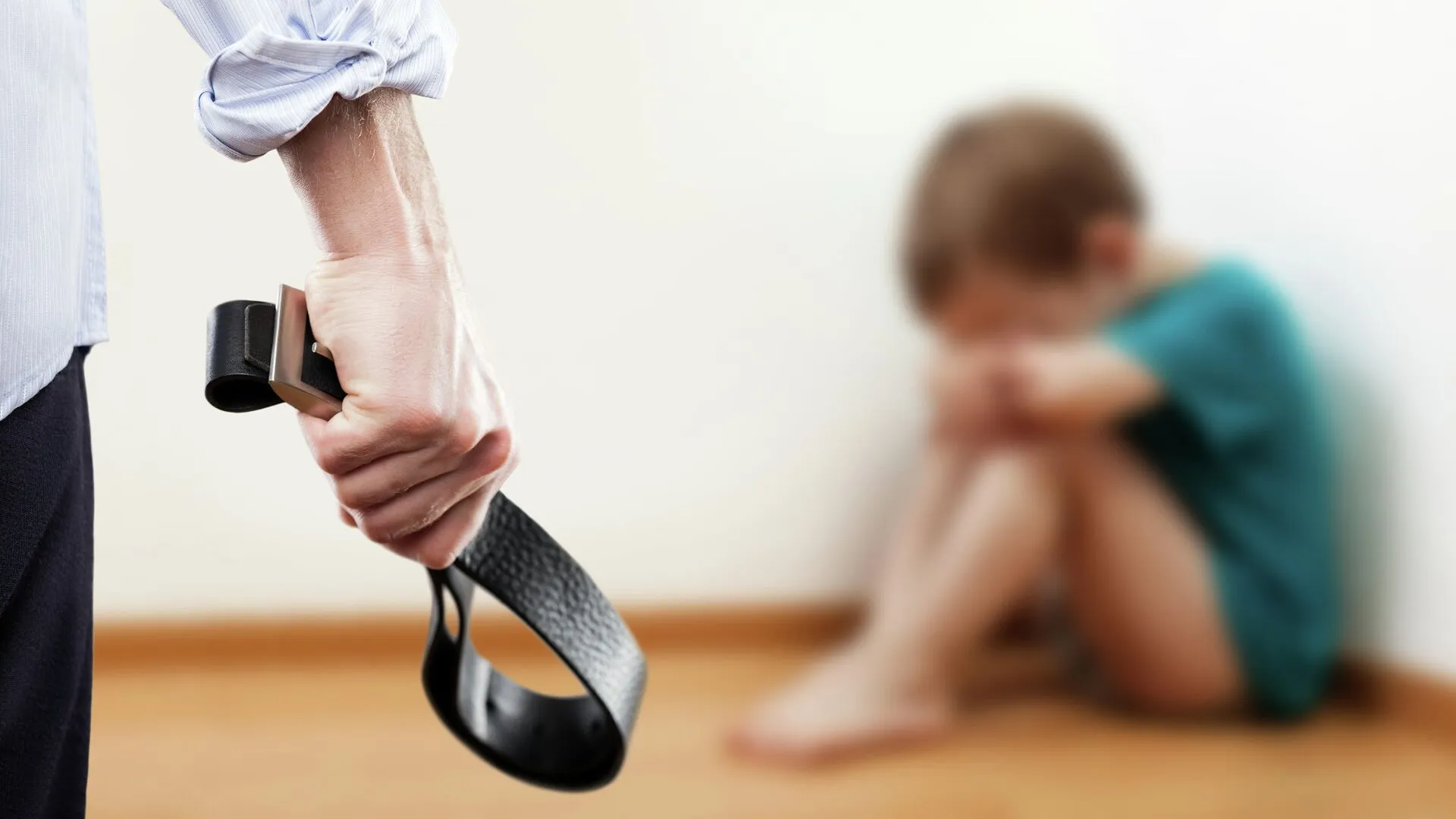Calls for Ukraine
Calls for Europe
Calls for USA

The WHO report was presented today, August 20, 2025, and has sparked much debate.
Corporal punishment remains widespread around the world and continues to cause significant harm to children’s health and development. This is stated in the World Health Organization (WHO) report “Corporal punishment of children: public health implications” published on Wednesday.
It is estimated that approximately 1.2 billion children and adolescents under the age of 18 are subjected to corporal punishment in their families each year. Data from 58 countries show that 17 percent of children who were physically punished in the last month experienced the most severe forms of punishment, including blows to the head, face, or ears.
The use of corporal punishment in families varies widely across countries. Among children aged 2 to 14, the proportion of parents and caregivers who reported using corporal punishment in the past month ranged from 30 percent in Kazakhstan and 32 percent in Ukraine to 63 percent in Serbia, 64 percent in Sierra Leone, and 77 percent in Togo.
Corporal punishment in schools
In Africa and Central America, about 70 percent of children are subjected to corporal punishment in school, compared to about 25 percent in the Western Pacific region.
“There is now overwhelming scientific evidence that corporal punishment poses numerous risks to children’s health,” said Étienne Krug, Director of the WHO Department of Health Determinants and Action. “It has no benefit for children’s behavior, development, or well-being, nor does it benefit parents or society. It is time to end this harmful practice so that children can grow and develop normally in their families and schools.”
Social factors
The report highlights that children with disabilities, those whose parents were themselves subjected to corporal punishment, and those whose parents suffer from alcohol or drug addiction, depression, or other mental disorders are at greatest risk of corporal punishment. Broader social factors such as poverty, racism, and discrimination further increase the risk of corporal punishment for children.
Consequences
An analysis of the situation in 49 low- and middle-income countries shows that children who are subjected to corporal punishment are, on average, 24 percent less likely to develop normally than their peers who have not been subjected to such punishment. The consequences for mental health are no less serious. Children who are physically punished are more likely to suffer from anxiety, depression, low self-esteem, and emotional instability. These consequences often persist into adulthood, manifesting themselves in the form of increased rates of anxiety, depression, substance abuse, and suicide attempts.
Corporal punishment also has broad social consequences. Children who are subjected to such punishment are more likely to develop aggressive behavior, experience difficulties in school, and engage in violent, antisocial, or criminal behavior as adults.
Although many countries have banned corporal punishment, its continued use demonstrates that legislation alone is not enough. The WHO emphasizes that legal measures must be accompanied by public awareness campaigns and direct support for parents, caregivers, and teachers to promote positive, non-violent forms of discipline.
Please rate the work of MedTour
